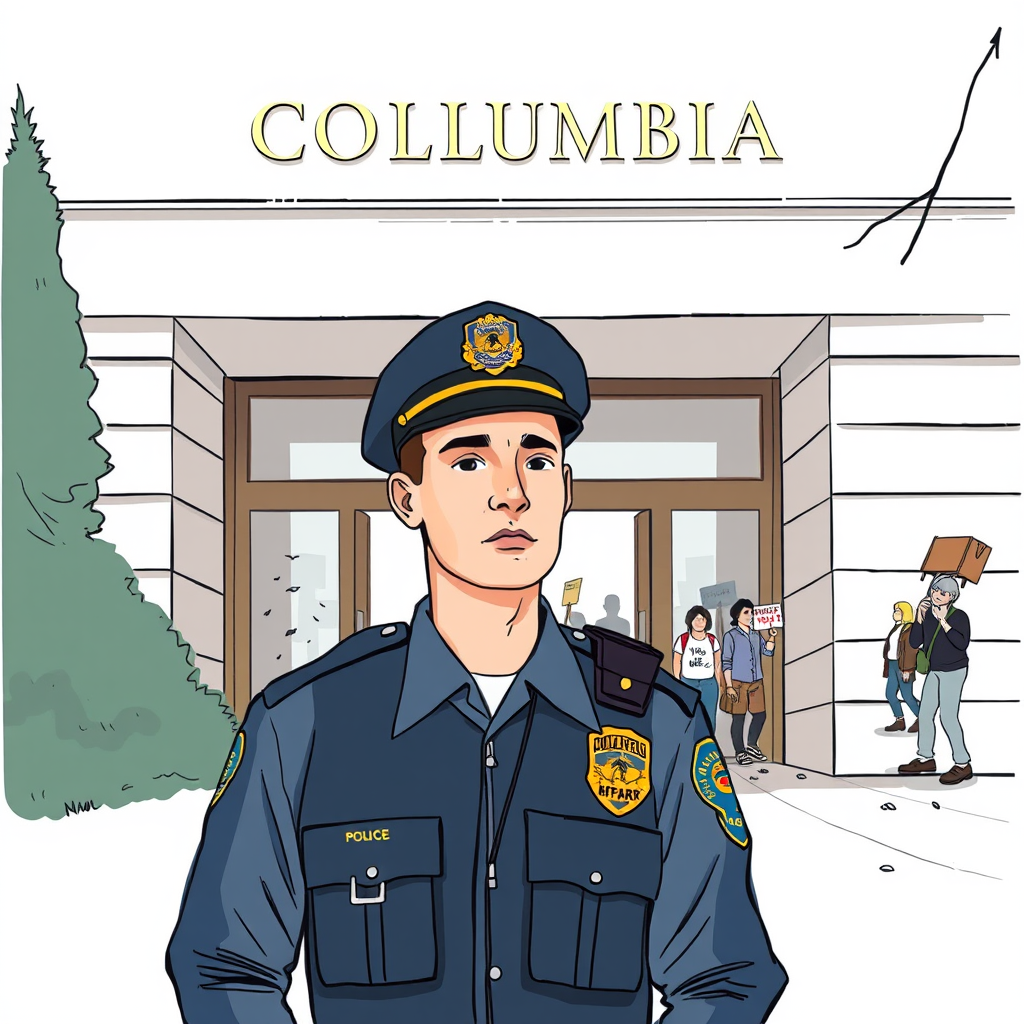Columbia University Gains Arrest Powers On Campus

Columbia University has significantly escalated its campus security measures by deploying 36 newly appointed special patrol officers with full arrest powers, a move stemming from heightened tensions surrounding pro-Palestinian protests last spring and fueled by external political pressure. These officers, while employed and funded by Columbia, are effectively deputized by the New York Police Department and possess the same authorities as regular NYPD officers, including the power to use physical and deadly force.
The university initiated the process of seeking these “peace officers” last year, following two instances where NYPD was called in to arrest protesters who had established an unauthorized encampment and occupied an academic building. Columbia argues the move is intended to enhance campus safety and reduce reliance on the NYPD, allowing for quicker responses to disruptions. However, the decision has sparked internal conflict, with the University Senate alleging a lack of transparency regarding the extent of NYPD’s involvement. Senators claim they were informed of the recruitment of peace officers but were not told about the NYPD’s role in their appointment and authorization.
University spokesperson Samantha Slater maintains Columbia is complying with all bylaws and that the expansion of its safety team was not a secret. She emphasizes the officers are Columbia employees, selected, funded, and employed by the university. However, the arrangement places these officers under the direct orders of the NYPD Police Commissioner and subjects them to departmental rules and discipline.
The move comes amidst growing national scrutiny of campus protests and escalating political pressure on Columbia. Former President Donald Trump’s administration demanded the university tighten protest rules or risk losing federal funding, specifically requesting the deployment of peace officers with arrest powers. While Columbia maintains the plan predates Trump’s renewed demands, the timing is undeniably significant.
The officers will undergo 162 hours of state-certified training and will be authorized to patrol privately owned areas of the campus, a privilege generally not extended to regular NYPD officers. They will also be responsible for processing arrests in an on-campus office before transferring individuals to the local NYPD precinct.
This situation highlights a concerning trend of universities increasingly adopting law enforcement-style security measures in response to student activism. While campus safety is paramount, the deployment of officers with full arrest powers raises questions about the balance between security and academic freedom, and the potential for chilling free speech on campus. The lack of transparency surrounding the NYPD’s involvement only exacerbates these concerns, suggesting a potential erosion of university autonomy and a growing reliance on external law enforcement agencies to manage internal affairs. It remains to be seen whether this escalation of security measures will effectively address campus disruptions or further polarize the university community.